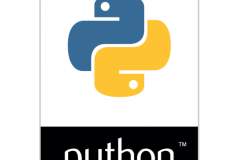PRACTICAL PYTHON PROGRAMMING
Â
The course includes thorough coverage of Python syntax, built in data types and control constructs.
The course takes a practical approach to creating and organizing Python programs using functions, packages, modules and classes as part of Python's object-oriented paradigm. Attendees will use regular expressions to rapidly process data captured from users and from the file system.
Attendees will learn how to use Python to create scripts that manipulate data, automate tasks, perform error handling and store and retrieve data by using relational databases. Students will be able to create Python scripts that assist with system administration.
Comprehensive hands on exercises are integrated throughout to reinforce learning and develop real competency.
Students Will Learn
- Working with Python's built-in objects
- Reading and writing files
- Creating variables and objects in Python
- Communicating with databases
- Creating structured data with lists, tuples, sets and dictionaries
- Performing conversion operations on numbers
- Using conditional constructs to control flow of execution
- Writing clear and concise regular expressions
- Organizing code with functions and classes
- Creating object-oriented Python programs
- Using exceptions to gracefully handle error
Prerequisite:: No Prerequisite
For aspiring Data Scientists, Python is probably the most important language to learn because of its rich ecosystem. Python's major advantage is its breadth. For example, R can run Machine Learning algorithms on a preprocessed dataset, but Python is much better at processing the data.











